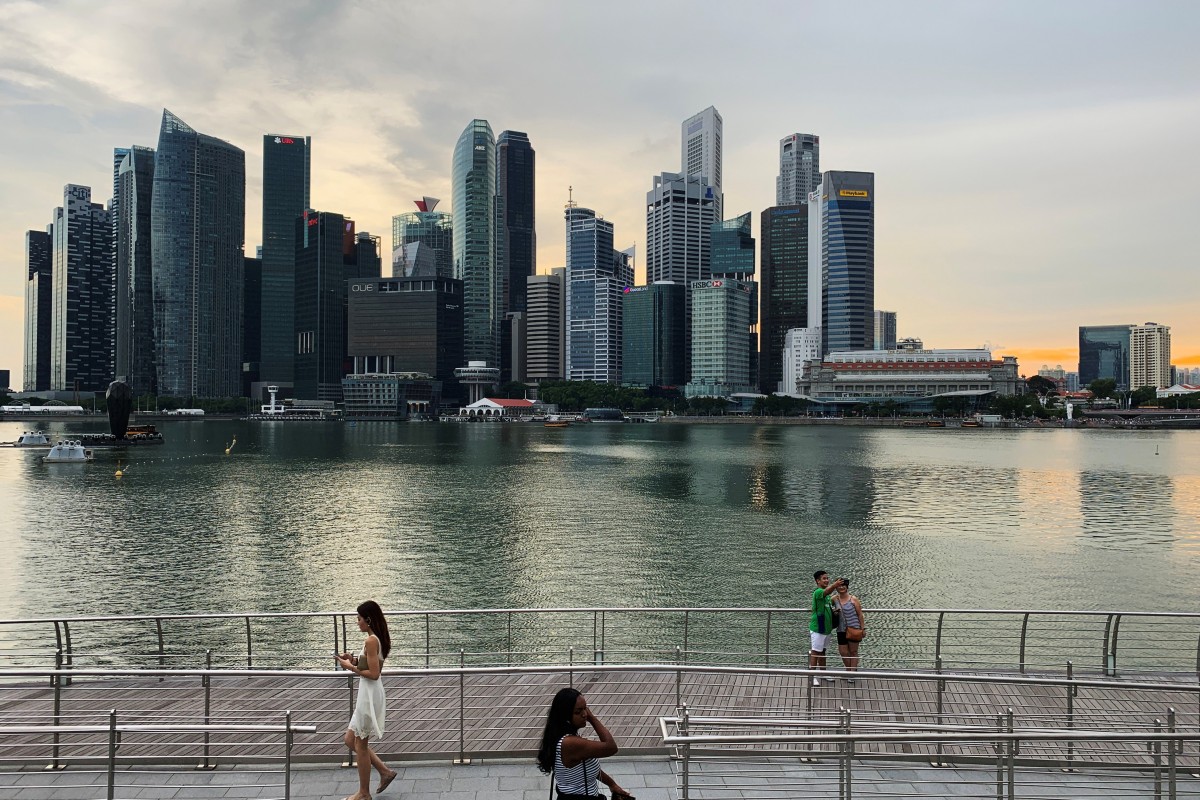EU-Singapore free trade agreement comes into force
All the versions of this article: [English] [français]
The Straits Times | 21 November 2019
EU-Singapore free trade agreement comes into force
by Choo Yun Ting
The landmark trade agreement between the European Union and Singapore, which removes nearly all Customs duties between the two jurisdictions, comes into force today.
The reduction of tariff and non-tariff barriers under the EU-Singapore Free Trade Agreement (FTA) provides Singapore companies with greater market access to all EU member states. It also contains rules on trade and sustainable development, including the protection of labour rights and the environment.
Prime Minister Lee Hsien Loong noted that it has been almost a decade since negotiations began.
"Launched amid the 2008-2009 global financial crisis, and coming into force in today’s uncertain global economy, the EU-Singapore FTA signals the EU and Singapore’s shared conviction that open and global rules-based trade is the path to growth and prosperity," he wrote in a Facebook post yesterday.
Mr Lee added that Singapore hopes that the agreement will eventually lead to an EU-Asean FTA, enhancing region-to-region connectivity between the EU, the world’s largest single market, and Asean, which is slated to become the fourth-largest economic bloc in the world by 2030.
Mr S. Iswaran, Minister-in-charge of Trade Relations, said the trade pact is a strong signal of the EU and Singapore’s shared commitment to uphold open and rules-based trade.
"As an ambitious agreement with forward-looking provisions, it marks a new chapter in EU-Singapore relations and will provide a solid foundation for Singapore and the EU to take our economic partnership to the next level," he added.
Trade and Industry Minister Chan Chun Sing said in a Facebook post yesterday: "I encourage the Singapore business community, particularly those interested to venture into the EU market, to look at how they can leverage the benefits that the agreement will bring."
EU Trade Commissioner Cecilia Malmstrom said: "This agreement will enhance our bilateral relationship, boost the EU’s commitment to Asean, and is a sign of strong support for the rules-based international order."
European Chamber of Commerce president Federico Donato said small and medium-sized enterprises, in particular, will gain from the trade deal due to simplified procedures at Singapore Customs, less burdensome technical rules and simplification of rules of origin.
The experiences gained from the EU-Singapore FTA will also help guide subsequent rounds of discussions for a trade pact between the EU and Asean, he added.
The agreement is the first between the EU and an Asean member state.
The EU is Singapore’s third-largest goods trading partner, and the Republic is the EU’s largest goods trading partner in Asean.
Bilateral trade in goods between the two jurisdictions exceeded $114 billion last year, of which $49 billion was exports from Singapore.
The EU is also Singapore’s largest services trading partner. Bilateral trade in services in 2017 exceeded $79 billion.
There were around 14,000 European companies in Singapore as of December last year.
The EU is the largest foreign investor in Singapore, accounting for more than $376 billion of foreign direct investment stock here in 2017.
Singapore is also the EU’s largest investment destination in Asean and its second-largest in Asia. Singapore’s direct investment in the EU was about $122 billion in 2017, making it the union’s seventh-largest foreign investor and its biggest Asean investor.
What the FTA means for Singapore
ELIMINATION OF TARIFFS
Around 84 per cent of Singapore exports, including food products, electronics and pharmaceuticals, will be allowed to enter the European Union duty-free.
Other products like textiles, selected meat and seafood produce will follow in the next three to five years.
STRONGER PROTECTION OF INTELLECTUAL PROPERTY RIGHTS
The free trade agreement provides 70 years of copyright protection. Singapore-based producers can collect broadcasting and public performance royalties for productions exported into the EU.
IMPROVED MARKET ACCESS TO SERVICE SECTORS
Local businesses have better market access to a wider range of sectors in the EU, such as telecommunications, transport and environmental services.
MORE OPPORTUNITIES IN GOVERNMENT PROCUREMENT
Singapore companies can bid for more government procurement projects in the EU, such as in railway, telecommunications and landscape architecture services.
LIBERAL, FLEXIBLE RULES OF ORIGIN FOR SINGAPORE EXPORTS
Key products originating here (either produced or processed) will be able to enter the EU tariff-free. Materials from Asean states will be deemed as originating from Singapore when incorporated into certain final products, enabling them to qualify for preferential tariff treatment.
REDUCTION OF TECHNICAL AND NON-TARIFF BARRIERS IN KEY SECTORS
Singapore exporters will have lower operational costs due to the reduction of duplicative testing and certification procedures in three sectors: electronics; pharmaceuticals and medical devices; and motor vehicles and vehicle parts.






